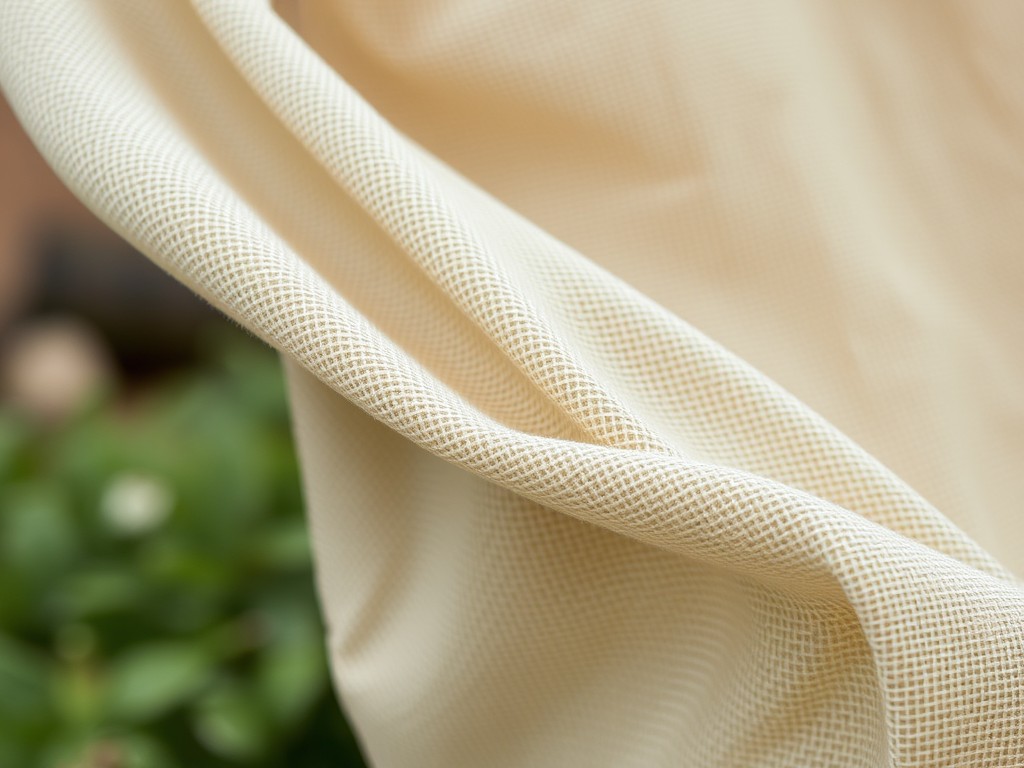
Organic Fabric
Organic Fabrics: A Sustainable Choice
Chemicals are one of the problems in modern society. Everyone is concerned about being environmentally friendly, using organic fabric to ensure the product processing is not harmful to the environment.

Organic fabric for bags is made from materials that are produced using organic farming methods. This means that the fibers are grown without synthetic pesticides, fertilizers, or genetically modified organisms (GMOs). The aim is to promote sustainability, reduce environmental impact, and ensure a healthier product for consumers.
Characteristics of Organic Fabric
- • Eco-Friendly: Produced with minimal impact on the environment
- • Biodegradable: Typically decomposes more easily than synthetic fabrics
- • Soft and Comfortable: Often softer and more breathable than conventional fabrics
- • Chemical-Free: Free from harmful chemicals used in traditional farming
Examples of Organic Fabrics
- Organic Cotton: Grown without pesticides, it's soft and durable, making it a popular choice for tote bags and backpacks.
- Hemp: A strong, durable material that requires less water and no pesticides. Hemp bags are often used for their sturdiness and eco-friendliness.
- Linen: Made from flax, it is biodegradable and becomes softer with each wash. Linen bags have a natural, rustic look.
- Tencel (Lyocell): Made from sustainably sourced wood pulp, it is biodegradable and has a luxurious feel, often used in high-end bags.
- Recycled Materials: Some organic bags incorporate recycled fibers, reducing waste while maintaining eco-friendly standards.
Using organic fabrics for bags not only supports sustainable practices but also contributes to a healthier planet.
